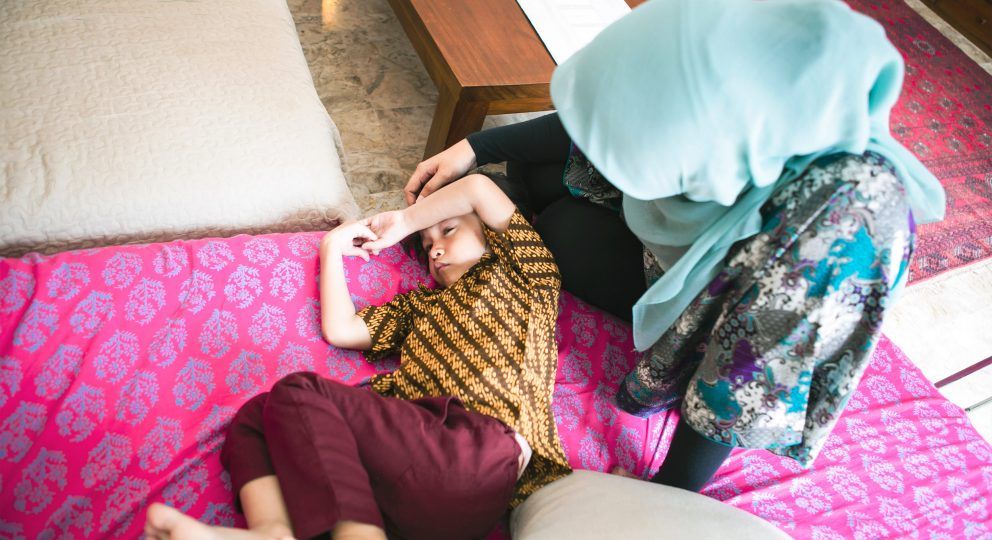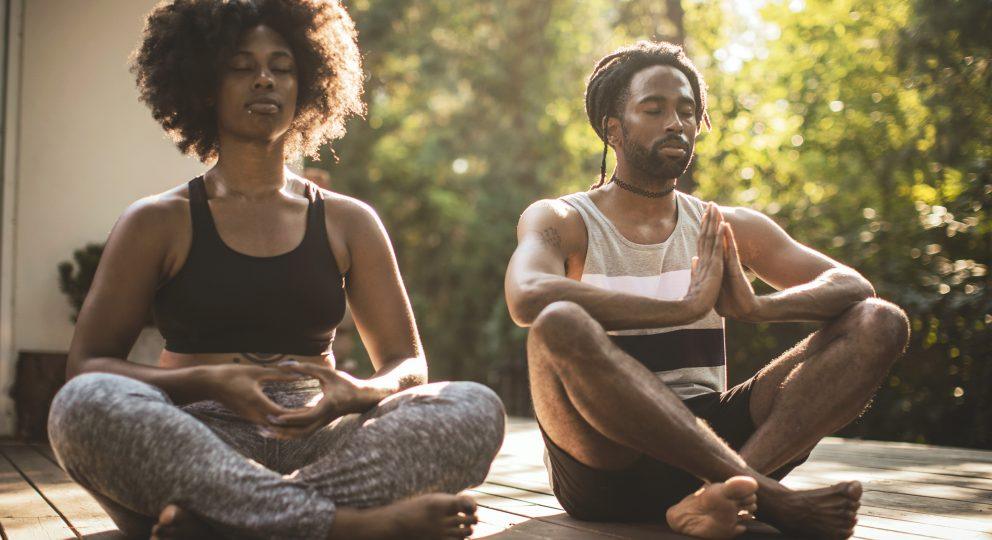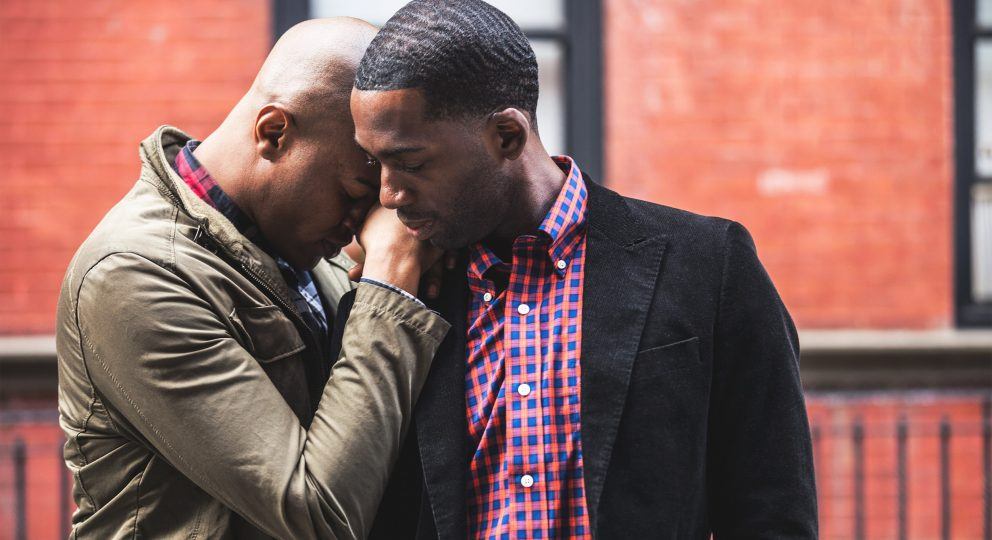I am so tired.
I am not okay.
I hate it here.
These are frequent sentiments circulating right now by many Black people in America. The I-hate-it-here statement is particularly disheartening because it seems to express a fundamental lack of safety and belonging on planet earth. Author James Baldwin’s commentary from 1961 conceptualizes these sentiments:
“To be a Negro in this country and to be relatively conscious is to be in a state of rage almost all of the time — and in one’s work. And part of the rage is this: It isn’t only what is happening to you. But it’s what’s happening all around you and all of the time in the face of the most extraordinary and criminal indifference, indifference of most white people in this country, and their ignorance.”
James Baldwin
Although he shared his insights almost 60 years ago, they are just as relevant in today’s climate of race relations here in the United States. With frequent racially motivated shootings, healthcare disparities, and the defensiveness or complete unresponsiveness to it all by some White Americans, it is no wonder the collective mental health of Black Americans is in crisis. These factors are leading many Black people to seek emotional safety in their close connections. Therefore, if you have a Black partner or friend, you are in a unique position to promote the healing in your loved one. You can do this by applying Dr. John Gottman’s ATTUNE principles in your relationship. Through awareness, turning toward, tolerance, understanding, non-defensiveness, and empathy, you can build trust and help your loved one process their grief.
Awareness and turning toward
To begin, start to create emotional safety for your loved one. Acknowledging the trauma that has occurred within their community. Assure them that they can talk about race relations and systemic concerns without self-censoring to avoid things getting “political.” People need the freedom to authentically express how large scale dynamics play into their individual functioning. Once you create the space for honest discussion, then turn toward the pain rather than ignoring, downplaying or running from it. To respond in love often requires putting one’s own emotions and reactions to the side for the moment, in order to attend to another’s.
Tolerance and understanding
A next step for supporting a loved one through racial grief is to honor their perspectives even if they differ from your own. Black people need their fear, grief, outrage, and numbness normalized as adaptive responses to persistent trauma and oppression. They need friends and support people to understand how racism has been emboldened in this country, systematically targeting the Black community. You might hold different views on race relations in this country or the role the majority culture plays in oppression. However, it is not timely or helpful to voice those perspectives when your loved one is actively scared and hurting.
Non-defensiveness and empathy
Some final steps to support your loved one in their grief is to stay open and non-defensive when they share their experiences. Race relations are sensitive and emotionally charged for most people. It is tempting to go into self-protective mode and negate what another person is saying. But if preserving the relationship is the goal, then the connection must be prioritized above all. You prioritize connection when you can lay down your emotional armor, sit with another’s experience, and imagine how you might feel in their shoes.
I am so tired.
I am not okay.
I hate it here.
These statements are not just laments. It is hopefully now clear that they are bids for connection. They are invitations to lean in and attend to the pain underneath. They are opportunities to ATTUNE to Black grief. The next time you hear them, discern the pain and resolve to heal it by moving toward it in love.







